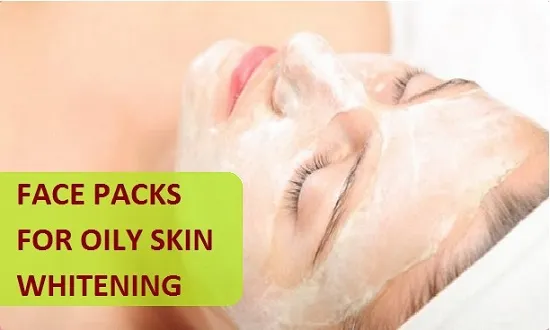What are Natural Face Whitening Products?
Natural face whitening products are formulated with ingredients derived from nature, aiming to lighten skin tone, reduce dark spots, and improve overall skin brightness. Unlike harsh chemical treatments, these products prioritize gentle yet effective formulations. They are often sought after by individuals looking to achieve a more even complexion and address concerns like hyperpigmentation, sun damage, and acne scars. The allure of natural products lies in their potential to deliver results with fewer side effects, making them a popular choice for those prioritizing skin health and environmental sustainability. These products typically contain a variety of botanical extracts, vitamins, and essential oils known for their skin-lightening and brightening properties. Choosing natural options is a step towards a healthier, more radiant complexion.
Understanding Skin Whitening & Hyperpigmentation
Skin whitening, often used interchangeably with skin brightening or lightening, focuses on reducing the production of melanin, the pigment responsible for skin color. Hyperpigmentation, a common skin condition, manifests as dark patches or spots, often caused by an overproduction of melanin. This can be triggered by various factors, including sun exposure, hormonal changes, inflammation, and skin injuries. Understanding the underlying causes is crucial for selecting appropriate treatments. Natural face whitening products work by targeting these factors, either by inhibiting melanin production or by accelerating the turnover of skin cells, which helps to fade existing dark spots. The goal is not just to lighten the skin, but to achieve a more even skin tone and a healthier, more radiant appearance.
Causes of Hyperpigmentation
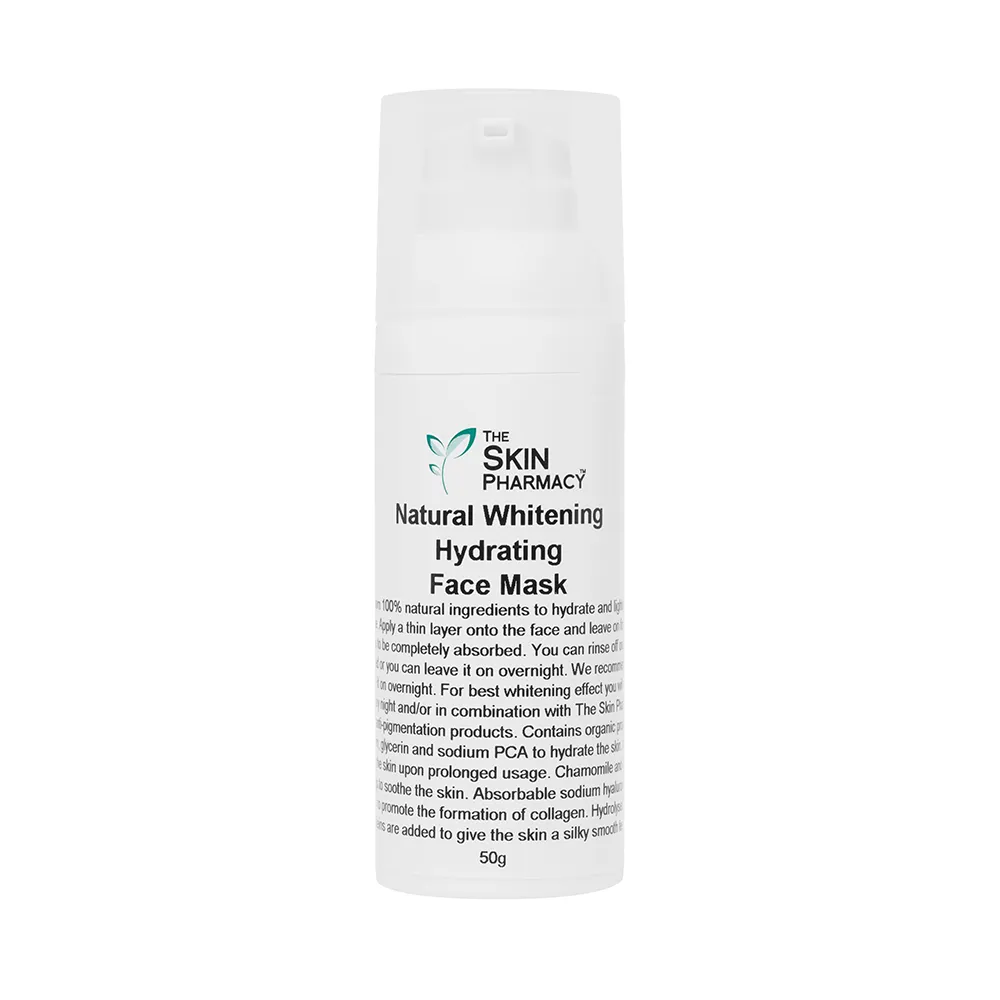
Hyperpigmentation can stem from several sources. Prolonged sun exposure is a significant contributor, as UV rays stimulate melanin production, leading to sunspots and uneven skin tone. Hormonal fluctuations, such as those during pregnancy or due to birth control pills, can also trigger melasma, a common type of hyperpigmentation. Post-inflammatory hyperpigmentation (PIH) occurs after skin trauma, such as acne, eczema, or injuries, leaving behind dark marks. Genetics also play a role, influencing the skin’s natural melanin production. Recognizing these causes is vital to manage hyperpigmentation effectively, through sun protection, targeted treatments, and preventative measures. Addressing the root causes, alongside using natural face whitening products, optimizes the chances of achieving clearer, more uniform skin.
Types of Natural Ingredients for Whitening
Natural face whitening products leverage various botanical extracts and compounds with skin-lightening properties. These ingredients offer a gentler alternative to harsh chemicals. These ingredients often possess antioxidant and anti-inflammatory properties, which contribute to overall skin health while addressing hyperpigmentation. The effectiveness of natural ingredients varies, and many products combine several for a comprehensive approach. Carefully selecting products with well-researched ingredients can lead to more successful and safer outcomes. Some popular choices are discussed below, each with unique mechanisms and benefits.
Vitamin C Powerhouse for Skin
Vitamin C, a powerful antioxidant, is a staple in many skin whitening products. It helps to inhibit melanin production, thereby reducing dark spots and promoting a brighter complexion. This ingredient also protects the skin from environmental damage by neutralizing free radicals caused by UV exposure and pollution. Vitamin C stimulates collagen production, improving skin elasticity and reducing the appearance of fine lines and wrinkles. This multifaceted approach makes it a valuable ingredient for those seeking both whitening and anti-aging benefits. Vitamin C is often found in serums and creams, and its regular use can lead to significant improvements in skin tone and texture. Vitamin C is shown in products like serums, helping to improve skin complexion.
The Benefits of Using Vitamin C
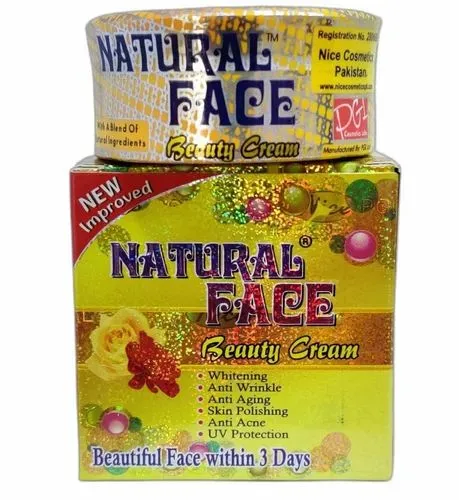
Using Vitamin C in your skincare routine yields several benefits. Besides its ability to lighten skin and diminish hyperpigmentation, it boosts collagen production, improving skin firmness. As an antioxidant, Vitamin C protects against environmental damage, reducing premature aging. It also has anti-inflammatory properties, which can soothe irritated skin and reduce redness. The regular use of Vitamin C can result in a more radiant, even-toned complexion. Moreover, Vitamin C enhances the effectiveness of other skincare ingredients, amplifying their benefits. Products containing Vitamin C are generally suitable for various skin types, though it’s advisable to introduce them gradually. The combination of skin brightening, anti-aging, and protective benefits makes Vitamin C a highly valued component in any skincare routine.
Turmeric Ancient Skin Whitening Secret
Turmeric, a golden spice, has been used for centuries in traditional medicine and skincare for its anti-inflammatory and antioxidant properties. The active compound, curcumin, is known for its ability to inhibit melanin production, thus lightening the skin. It helps reduce the appearance of dark spots and uneven skin tone. Turmeric also possesses antibacterial properties, which can aid in treating acne and other skin issues. Its antioxidant effects protect the skin from environmental damage, promoting a healthy, radiant complexion. The use of turmeric in skincare can lead to significant improvements in skin brightness and overall skin health. The rich pigment of turmeric may cause temporary staining, so it is recommended to use it with caution and follow the suggested applications.
How to Use Turmeric for Whitening
Turmeric can be incorporated into your skincare routine in various ways. You can create a face mask by mixing turmeric powder with yogurt, honey, or other natural ingredients. Apply the mask to the skin, leave it on for about 15-20 minutes, and then rinse thoroughly. For spot treatment, a paste of turmeric and water can be applied directly to dark spots or blemishes. Turmeric is also available in skincare products such as cleansers, serums, and creams. When using turmeric, be mindful of the potential for staining. Always perform a patch test before applying it to your entire face, especially if you have sensitive skin. Regular and careful use of turmeric can contribute to brighter, more even-toned skin.
Licorice Root The Gentle Whitener
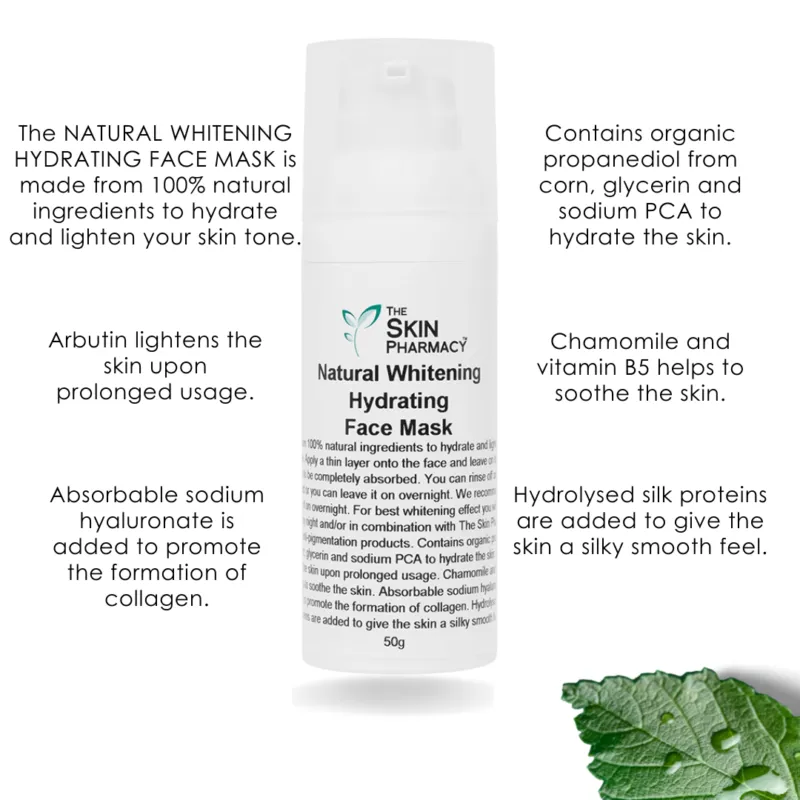
Licorice root extract contains glabridin, a compound that helps to lighten skin by inhibiting the production of melanin. It also acts as an anti-inflammatory agent, soothing irritated skin and reducing redness. The extract can help fade dark spots and hyperpigmentation, offering a gentle yet effective approach to skin whitening. Licorice root is often included in serums, creams, and cleansers. It’s suitable for sensitive skin types due to its gentle nature. Consistent use of licorice root extract can improve skin brightness and create a more even complexion. Licorice root extract is a key ingredient to lighten the skin.
Using Licorice Root Safely
When using licorice root extract, opt for products with a lower concentration to avoid potential side effects, such as skin irritation. Always perform a patch test before applying a new product to your entire face. Apply the product as directed on the packaging, and avoid overuse, which could lead to dryness or sensitivity. Combine licorice root with other beneficial ingredients, such as moisturizers, to maintain skin hydration. As with any skincare product, discontinue use if you experience any adverse reactions. Applying licorice root extract as directed can help to make your skin complexion more even.
Lemon Juice Skin Brightening Agent
Lemon juice is a natural source of Vitamin C and has been used for centuries to brighten skin and reduce dark spots. The citric acid in lemon juice acts as a natural exfoliant, removing dead skin cells and promoting cell turnover, which can help fade hyperpigmentation. It can also help lighten acne scars and sunspots. Lemon juice is typically applied topically, either diluted with water or mixed with other ingredients, such as honey or yogurt. Lemon juice helps to lighten skin by exfoliating the top layer. Although the effects can be noticeable, lemon juice should be used cautiously due to its acidity.
Precautions when Using Lemon Juice
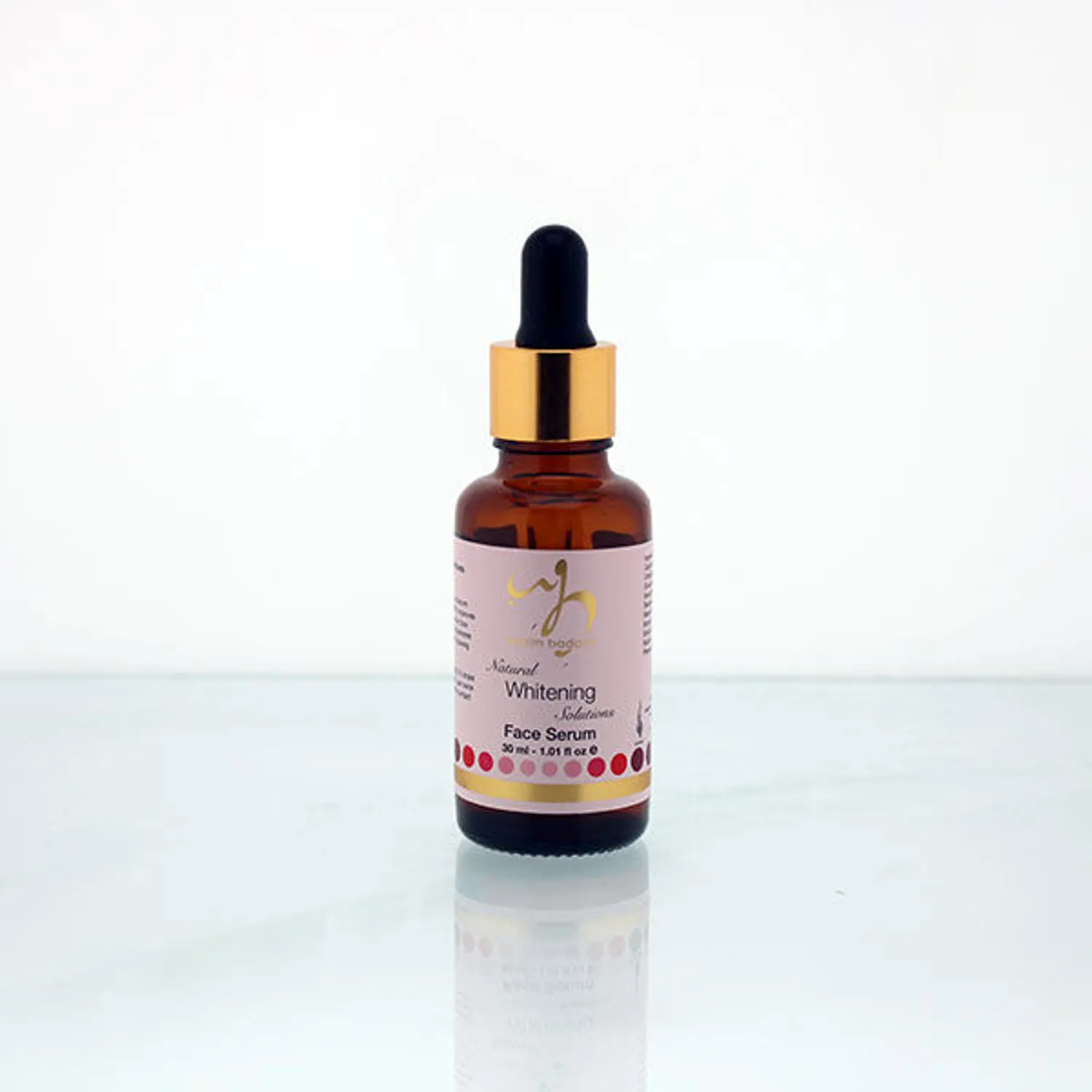
Lemon juice can cause skin irritation, redness, and increased sensitivity to sunlight. Always dilute lemon juice with water to minimize the risk of adverse reactions. Perform a patch test before applying it to a larger area of your skin. Avoid using lemon juice on broken skin or open wounds. Apply it only at night, as sunlight can worsen its effects and cause sunspots. After using lemon juice, it’s essential to apply a broad-spectrum sunscreen with a high SPF to protect your skin from sun damage. Discontinue use if you experience any irritation. Using lemon juice may not be suitable for all skin types, especially sensitive skin.
Aloe Vera Soothing and Whitening
Aloe vera has soothing, hydrating, and potential skin-whitening properties. It contains compounds like aloin, which can help lighten dark spots and reduce hyperpigmentation. Aloe vera is known for its anti-inflammatory effects, which can calm irritated skin. It can also improve skin hydration, helping to maintain a healthy complexion. Aloe vera is available in gel form, creams, and other skincare products. The gel is gentle and can be used on various skin types. Using aloe vera regularly can contribute to a more radiant and even skin tone. Aloe vera can be used for a more radiant and even skin tone.
How Aloe Vera Works on Skin
Aloe vera helps brighten skin by reducing melanin production. It also contains compounds like aloin, which can help lighten dark spots. It also moisturizes the skin, contributing to a healthy glow. When applied, aloe vera soothes and calms the skin, reducing inflammation and redness. Using aloe vera can improve skin texture and appearance. Apply aloe vera gel or products containing it to the affected areas. Regular use can make the skin tone even. Aloe vera can be added to different products, for example, creams and gels.
Top 7 Natural Face Whitening Products
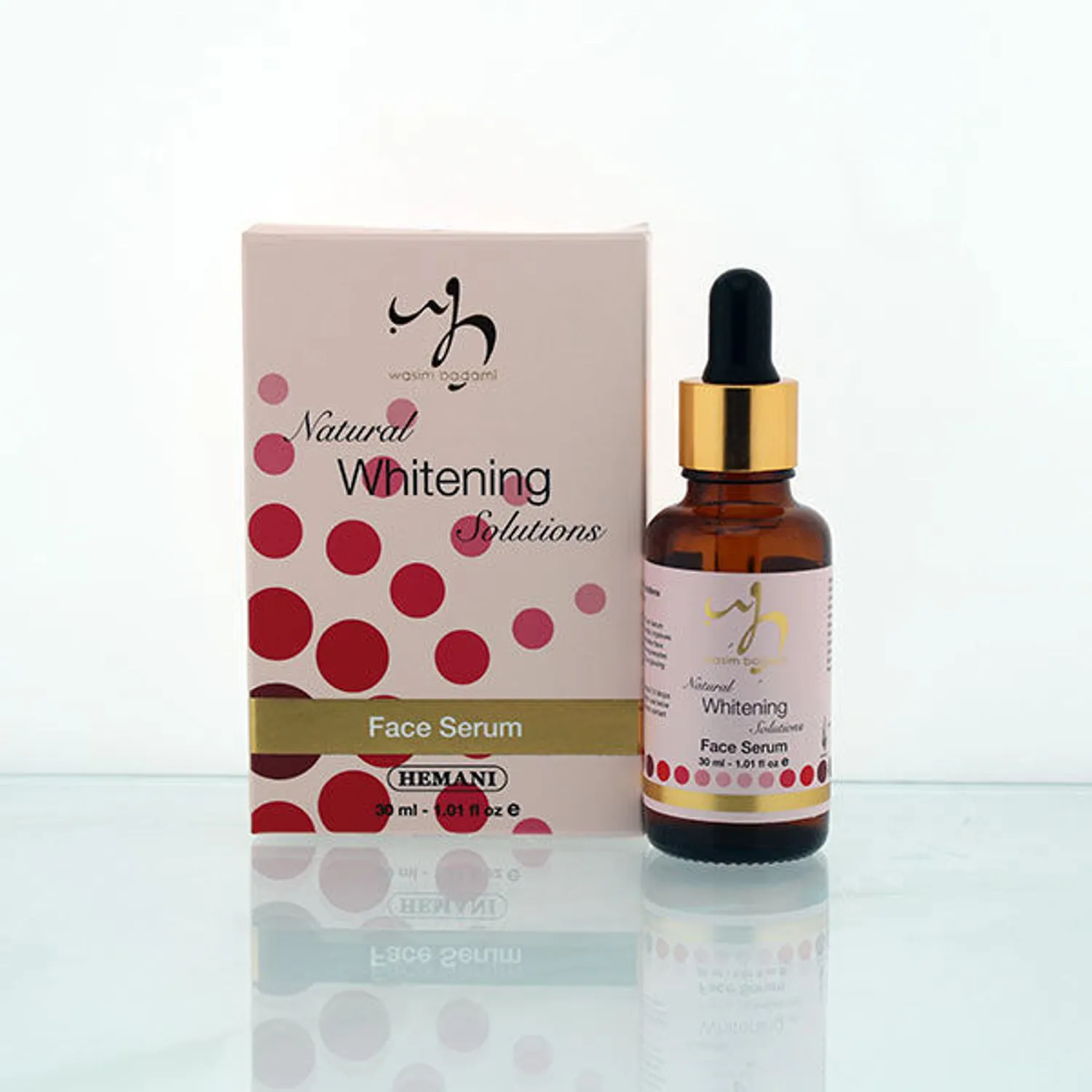
Here are seven natural face whitening products that can help you achieve a brighter, more even skin tone. Each product contains ingredients like vitamin C, turmeric, and licorice root, which are known for their skin-lightening properties. These products offer various formulations, including serums, creams, and masks, allowing you to choose the best option for your skin. Before incorporating these products into your routine, it is essential to read the instructions on the product label. Consider starting slowly to assess how your skin reacts.
Product 1
Product 1 is a Vitamin C serum that brightens skin and reduces dark spots. The serum is typically lightweight and absorbs quickly, offering fast results. It contains a high concentration of Vitamin C and other beneficial antioxidants. This product is great for boosting skin radiance. The Vitamin C serum works in a similar way to other products, it is used to brighten the skin.
Product 2
Product 2 features a turmeric face mask, known for its anti-inflammatory and brightening properties. The mask is enriched with turmeric and other natural ingredients to enhance the effect. The mask brightens the skin, leaving a healthy glow. The face mask should be used on the face as recommended by the label.
Product 3
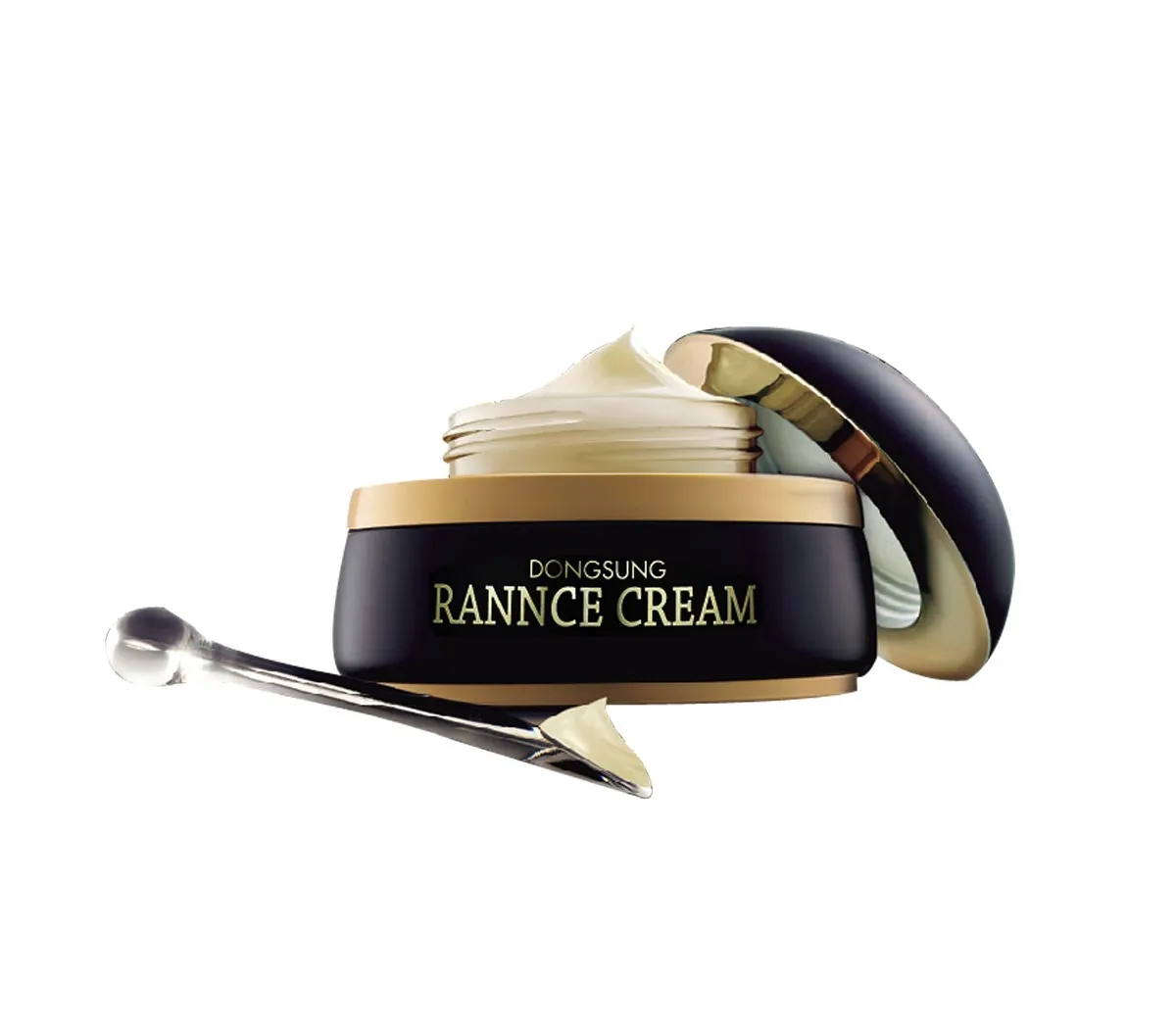
Product 3 utilizes a licorice root extract serum, effective at lightening dark spots. This serum is gentle and suitable for sensitive skin, working to reduce hyperpigmentation. The licorice root extract serum will help to even the skin. The serum is often incorporated into skincare routines.
Product 4
Product 4 is a lemon-infused face wash for brightening the skin. The face wash can eliminate impurities and dead skin cells. This cleanser will help rejuvenate your skin. The lemon infused wash can be implemented as a daily face wash.
Product 5
Product 5 is a hydrating aloe vera gel-based cream to lighten and soothe skin. The cream is infused with aloe vera to keep the skin hydrated and calm. This product is suitable for multiple skin types. The aloe vera gel can be applied daily or as needed.
Product 6
Product 6 is a specialized cream combining multiple natural ingredients. This cream offers an all-in-one solution for skin brightening. This will help to reduce hyperpigmentation and enhance overall skin health. The cream is designed to improve skin complexion. The product contains a combination of ingredients.
Product 7
Product 7 features a gentle exfoliating scrub with natural ingredients. This scrub helps to remove dead skin cells. The scrub is also a great way to encourage cell turnover, leaving the skin brighter. This scrub is an effective addition to your skincare routine. This is a great alternative for a more even skin tone.
How to Choose the Right Products
Choosing the right natural face whitening products involves considering your skin type, specific concerns, and ingredient sensitivities. Start by identifying your skin type—oily, dry, sensitive, or combination—and choose products formulated for it. Assess your specific skin concerns, such as dark spots, uneven skin tone, or acne scars, to select products with targeted ingredients. Read product labels carefully, checking for ingredients like vitamin C, turmeric, and licorice root, and avoid potential irritants. Look for products with minimal ingredients to prevent irritation. Choosing the right products will help to create a routine that can effectively address your unique skin needs. Always prioritize ingredients. It’s crucial to listen to your skin and adjust your routine as needed.
Considering Skin Type
When selecting natural face whitening products, it’s essential to consider your skin type. If you have dry skin, opt for hydrating products with moisturizing ingredients like aloe vera or plant-based oils. For oily skin, choose lightweight, non-comedogenic products to avoid clogged pores and breakouts. Sensitive skin benefits from products that are free of harsh chemicals and fragrances. Combination skin may require a mix of products tailored to different areas of the face. Knowing your skin type ensures you choose products that will be both effective and safe, maximizing the benefits and minimizing the risk of adverse reactions. Understanding your skin type and picking the right products is vital to improve your skin complexion.
Patch Testing
Before using any new face whitening product, always perform a patch test. Apply a small amount of the product to a discreet area of skin, like the inside of your forearm, and wait 24-48 hours to check for any adverse reactions, such as redness, itching, or irritation. If no reaction occurs, you can safely use the product on your face. Patch testing helps you identify potential allergies or sensitivities and prevents widespread skin irritation. It is a simple yet important step to ensure you are using products safely and effectively. A patch test will help you to determine if the product is right for you.
Application Techniques
Proper application techniques are crucial for maximizing the effectiveness of natural face whitening products. Cleanse and tone your face before applying any product. Always follow the product instructions carefully, and apply in the recommended order. For serums, use a small amount and gently pat it into your skin. Creams can be applied with upward, circular motions to improve absorption. Apply sunscreen every morning, regardless of the weather, to protect your skin and prevent further hyperpigmentation. Using the right application techniques will enhance the results of your routine.
Combining Products for Best Results
To maximize the results of your natural face whitening routine, consider combining different products. A typical routine might include a Vitamin C serum in the morning, followed by a moisturizer with SPF. In the evening, you could use a licorice root serum or turmeric mask. When combining products, be cautious. Introduce new products slowly, allowing your skin to adjust. Avoid using multiple products with harsh ingredients simultaneously, as this can lead to irritation. Tailor the combination to your specific needs and skin type. By strategically layering different products, you can create a well-rounded routine that addresses multiple skin concerns.
What to Avoid in Face Whitening
When using natural face whitening products, avoid certain ingredients and practices that can harm your skin. Steer clear of products containing harsh chemicals, such as hydroquinone and mercury, which can cause serious side effects, including skin damage and long-term health risks. Also, avoid over-exfoliating your skin, as this can lead to irritation and increased sun sensitivity. Protect your skin from sun damage by wearing broad-spectrum sunscreen with a high SPF every day. Additionally, avoid using multiple strong products at once, as this can overwhelm your skin. It’s always best to take a cautious and informed approach to skincare, and avoid products that can be harmful to your skin.
Potential Risks and Side Effects
Even natural face whitening products can have potential risks and side effects. Some ingredients, like lemon juice, can cause skin irritation, redness, and increased sensitivity to sunlight. Always perform a patch test before applying any new product to your entire face. Discontinue use if you experience any adverse reactions, such as itching, burning, or swelling. Overuse of exfoliating products can lead to dryness and irritation. Be mindful of the ingredients. Not all natural ingredients are suitable for all skin types. Be sure to do your research and consult a dermatologist if you are concerned about any reactions. Always follow the instructions. If you experience any reactions, discontinue use.
When to See a Dermatologist
If you have persistent skin issues, such as severe hyperpigmentation, acne, or other concerns, consult a dermatologist. A dermatologist can provide a professional diagnosis and recommend personalized treatment plans. Seek professional advice if your skin does not improve after using over-the-counter products. They can also suggest prescription-strength treatments or procedures, like chemical peels or laser therapy. If you experience any adverse reactions to skincare products, such as severe irritation or allergic reactions, consult a dermatologist immediately. A dermatologist can address your skin concerns and help you achieve healthier, brighter skin. Always get professional advice from a dermatologist.
